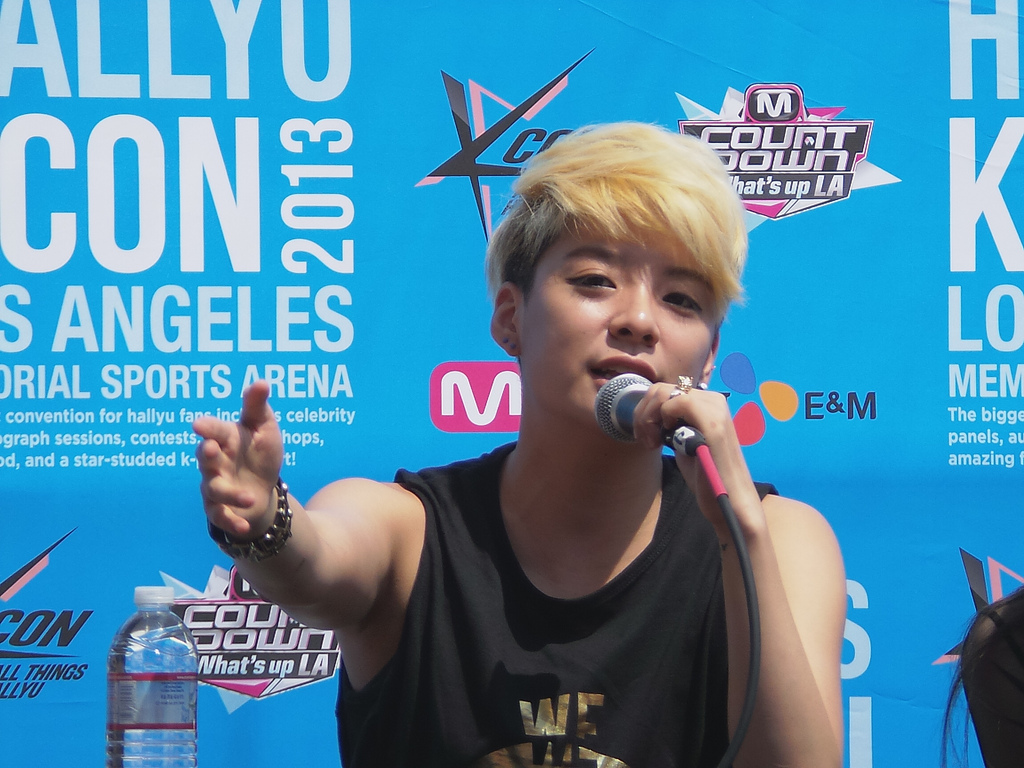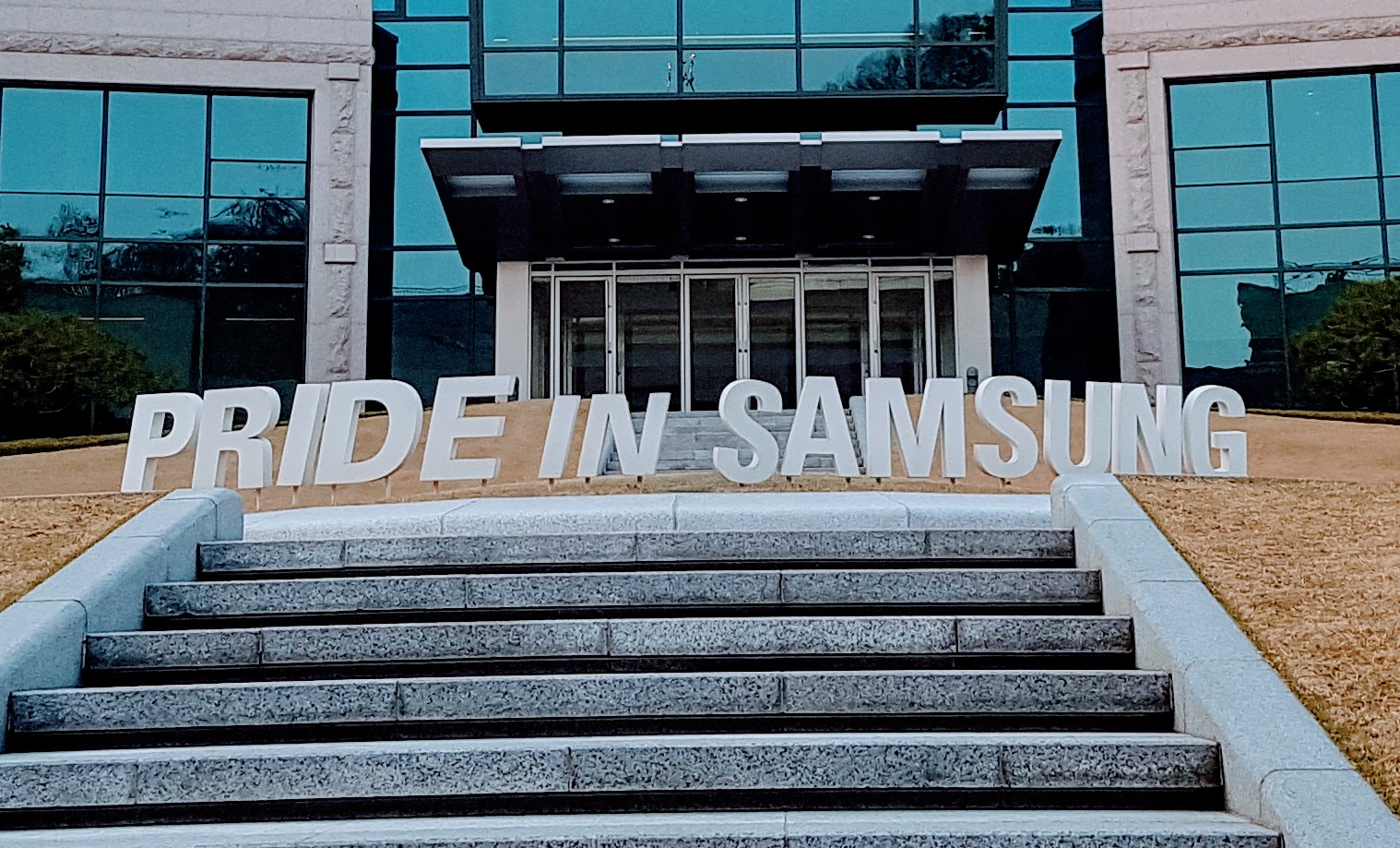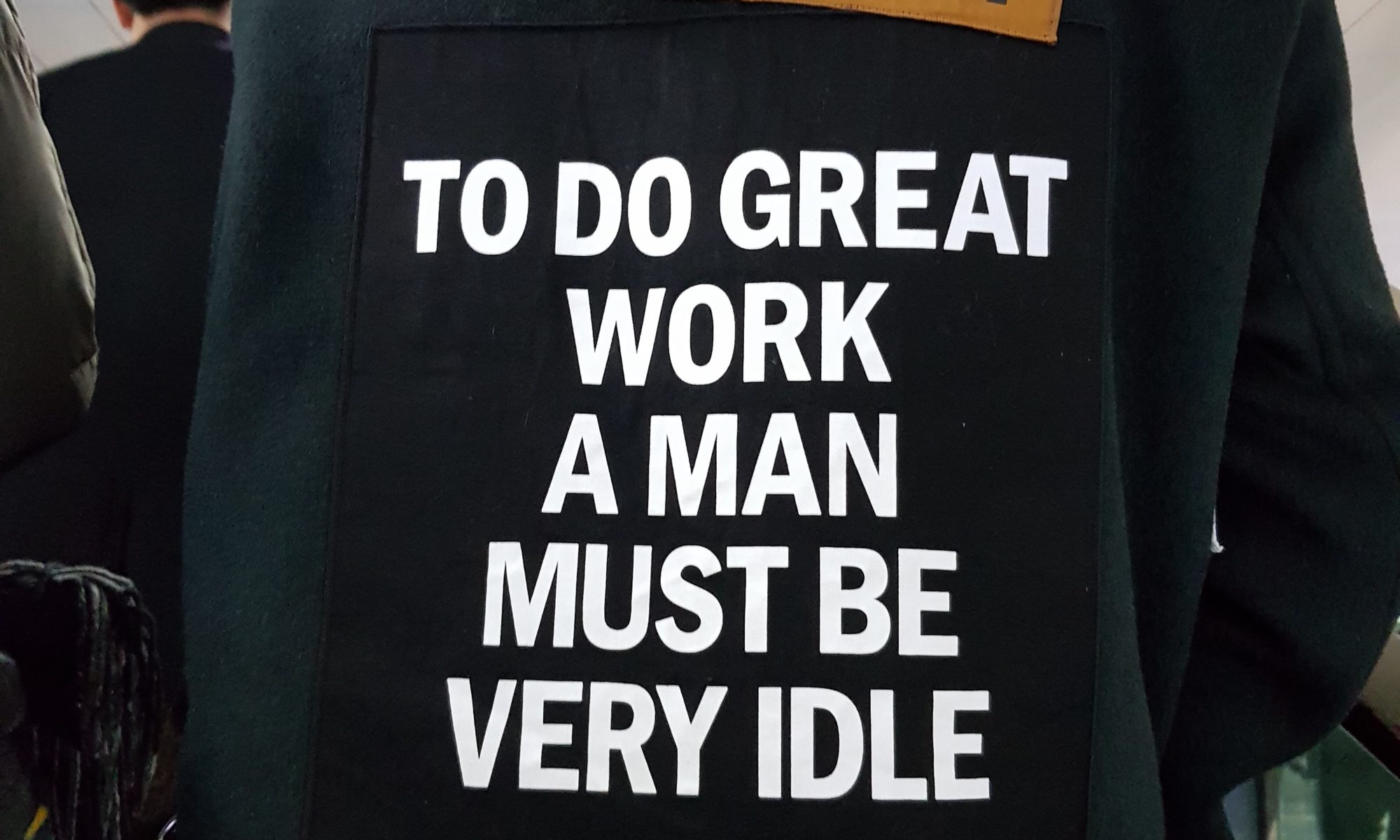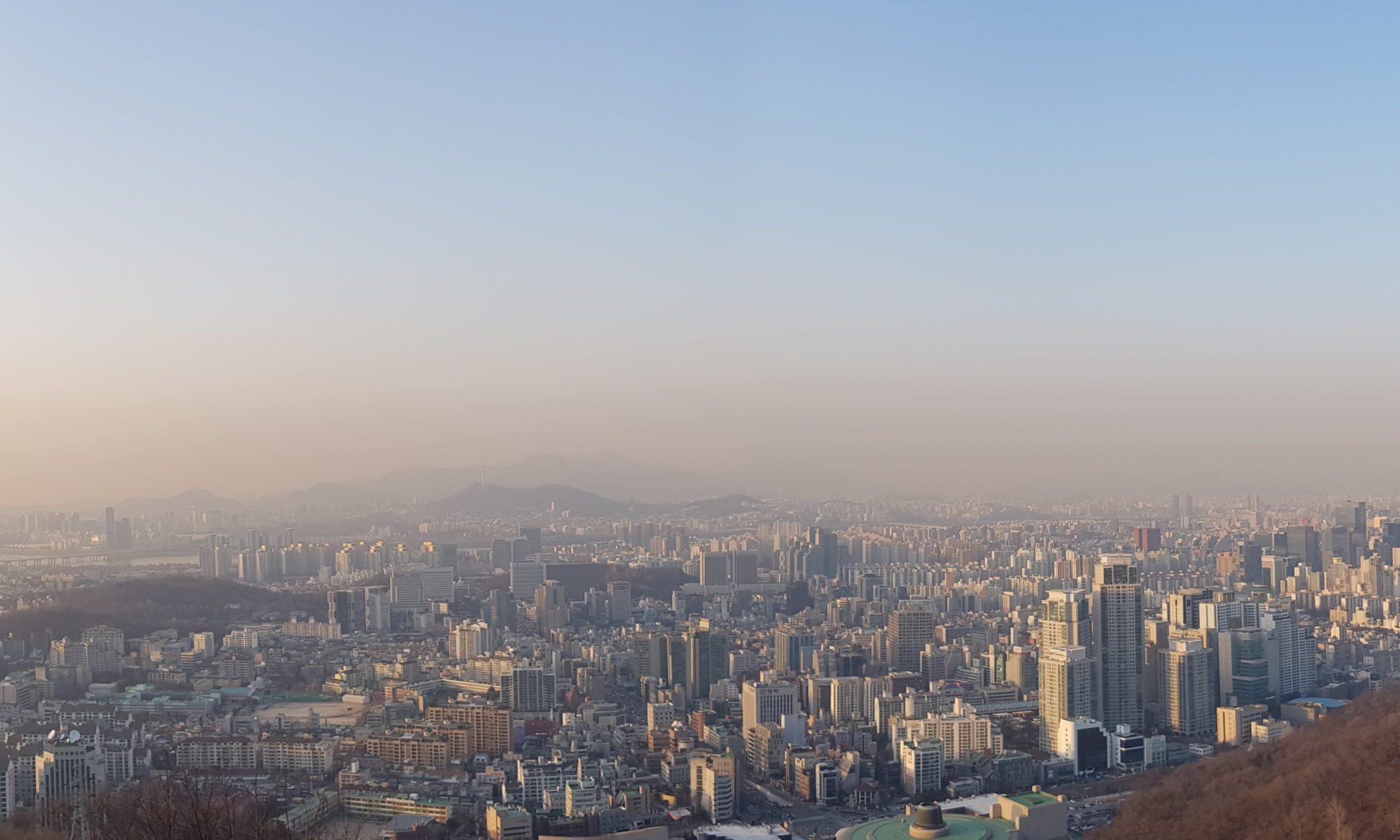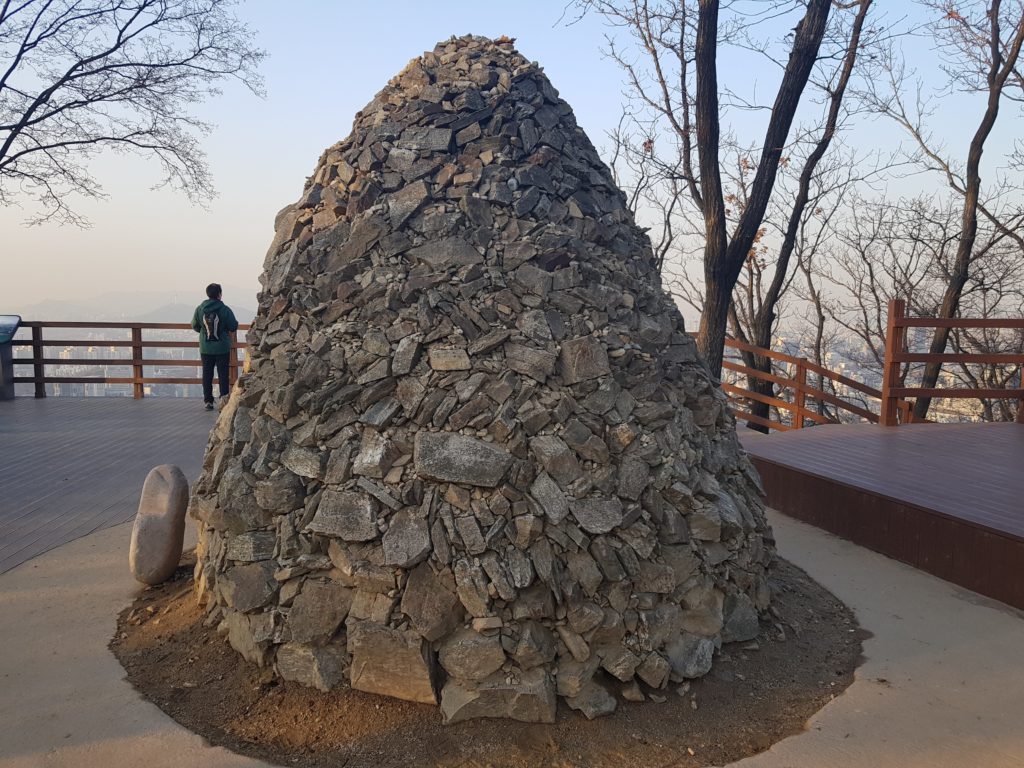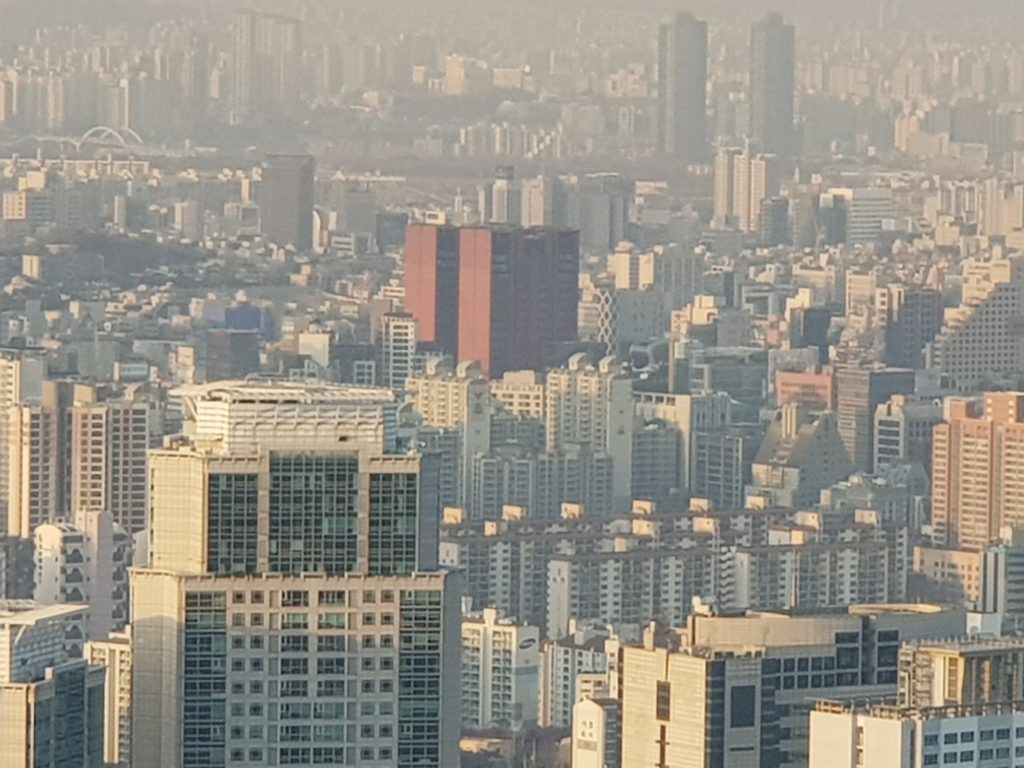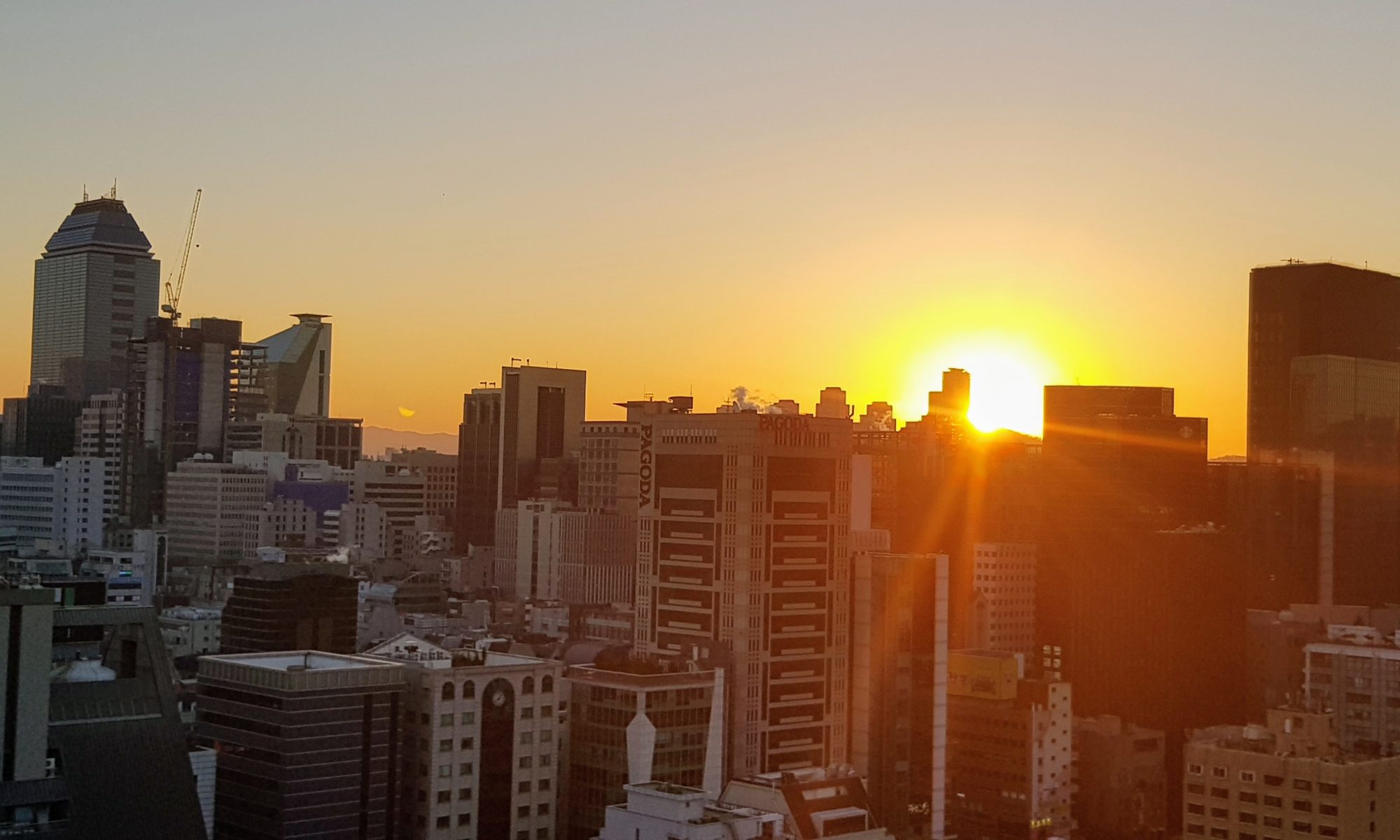Screens in the Samsung cafeteria are showing the Trump and Kim Show and Rutger Hauer in Bladerunner. I’m not sure which dystopian vision of Pacific Rim globalization is weirder. Maybe it’s best to focus on the pocketless billiards on the screen in between? Oh, wait, a person in a giant cat head is cleaning the billiards table now. Never mind.
It’s an odd day, lacking the solemnity and gravitas of Kim’s first meeting with South Korean President Moon Jae-in because nothing Trump does has solemnity or gravitas. The results, after all the pageantry and tears, were more or less what I expected: a vaguely worded agreement reaffirming commitment to peace and denuclearization, with plans for more negotiation down the line.
Peace games
Trump followed up the summit by declaring that the US would stop its war games on the Korean Peninsula, which has led some commentators to claim that the US gave up something while getting nothing. In the most literal terms, that’s true, if you focus only on the summit and not on what led to it or how it was reported in North Korea.
Taking a slightly wider view, North Korea prepared for the summit by dismantling some nuclear facilities to demonstrate its readiness for real denuclearization. How valuable the facilities really were is debatable, but these are at least irreversible steps, unlike Trump’s decision to suspend the war games. And ending the expensive, provocative war games is probably something the US should have done long ago, but the US felt constrained because it felt like a gift to North Korea, and there was never an occasion for giving them a gift until now. I’m not concerned that the joint US-ROK military command will forget how to invade North Korea for lack of practice. Meanwhile, the economic sanctions are still in place, and so are America’s troops in South Korea.
The view from the north
North Korean reporting on the summit also matters.
When I first lived in South Korea, in the era of the Sunshine Policy, the english-language Arirang network had a show called Peninsulascope that did soft news about North Korea, looking for areas of commonality and progress. They would end each episode with a North Korean cartoon. I remember there was one about a family of squirrels who live near a fox. When a flood comes, the fox offers to save them; the squirrels hesitate, afraid of the fox, but at last they accept the offer, and the fox does indeed rescue them — only to eat them later. The moral of the story is that you can never trust your enemies because they will never, ever change.
The fox is America. This is how North Koreans are taught to see us: as devious and bestial in our very natures. And now Kim Jong-un has sat down with the king of the foxes and cut some kind of a deal.
I think of that cartoon whenever I hear someone saying this summit is boosting Kim’s legitimacy. In some hypothetical, domino theoryish way, the summit’s acknowledgement that Kim is the leader of a nuclear North Korea — which is true, by the way — may be giving some other dictator ideas. Domestically, though, it’s not that simple.
Kim has been preparing his people for a shift. Showing Kim talking to the enemy, and showing Kim admiring Singapore’s shiny prosperity, is something new. It’s something of a gamble, even if Kim’s position is for now secure. What might have been seen as capitulation or even treason — seen that way not just by the people, who don’t matter, but by the generals and politburo members, who do — has to be seen instead as a bold path forward. Kim needs to make it clear to his domestic audience that he’s not surrendering. I’m not sure how easy that is.
In taking these risks, Kim seems to be demonstrating his desire for something genuinely new. And really, for all that Trump and Moon can set timetables and fiddle with the requirements, it’s up to Kim whether he wants to denuclearize and cut a new path.
We shall see.


